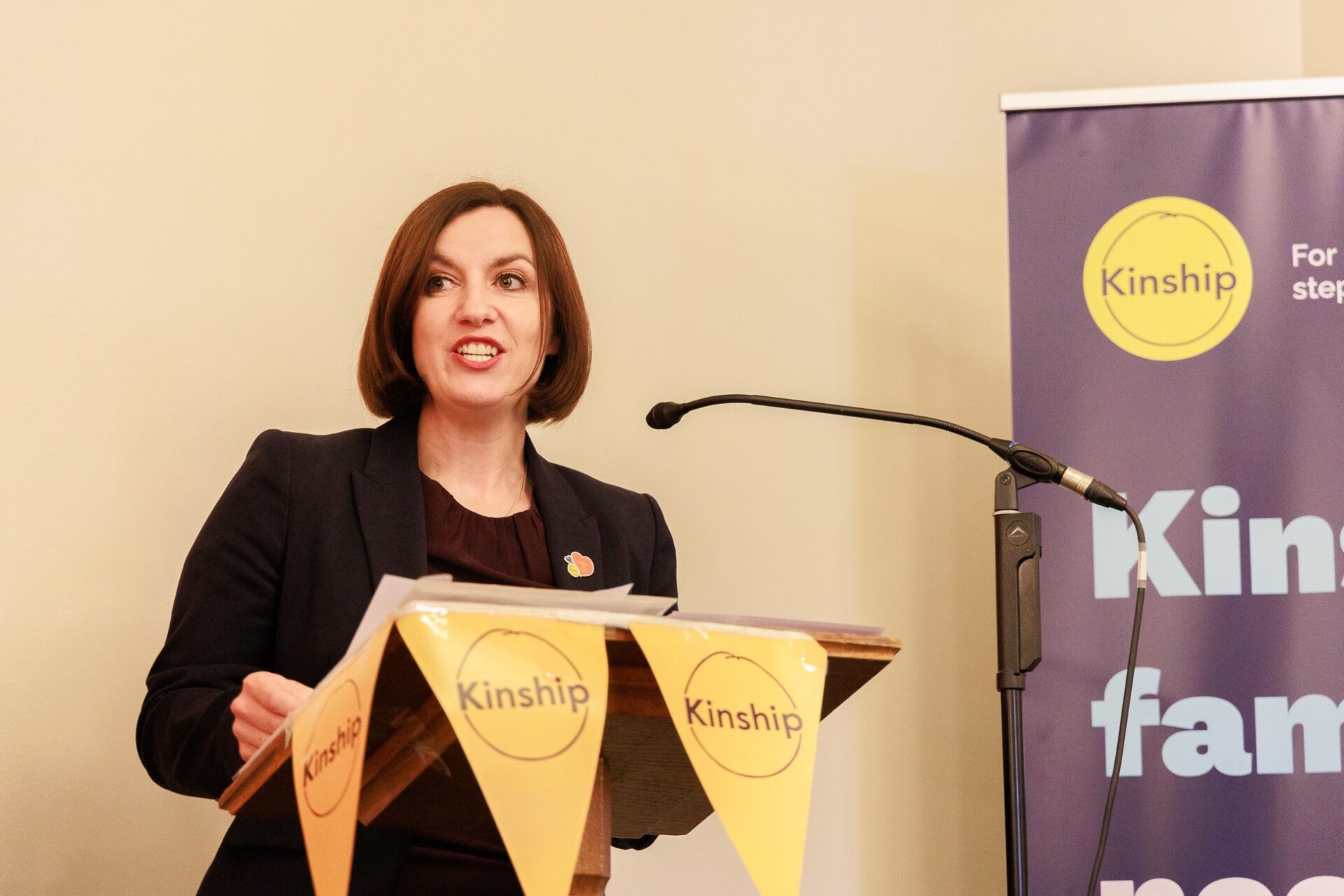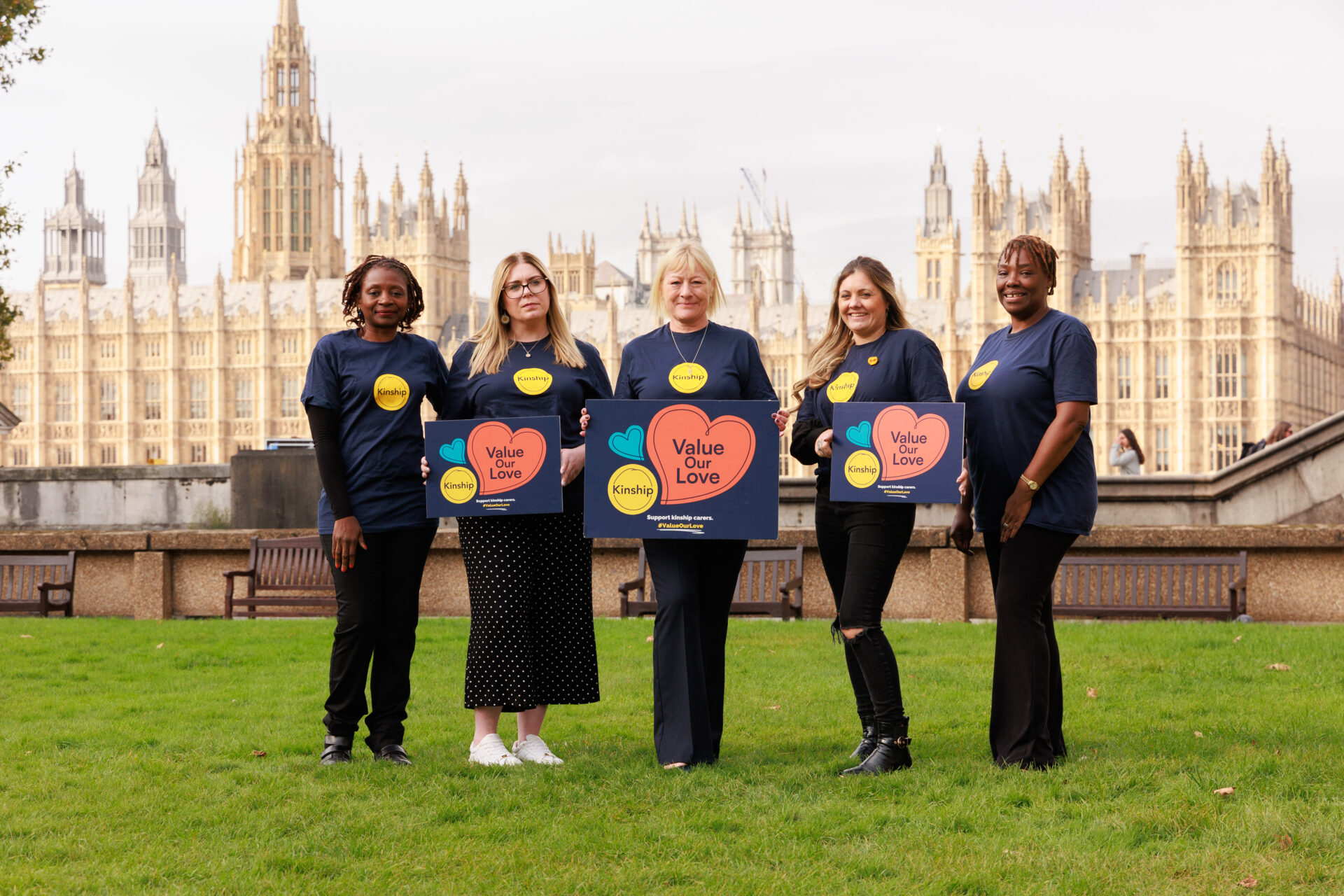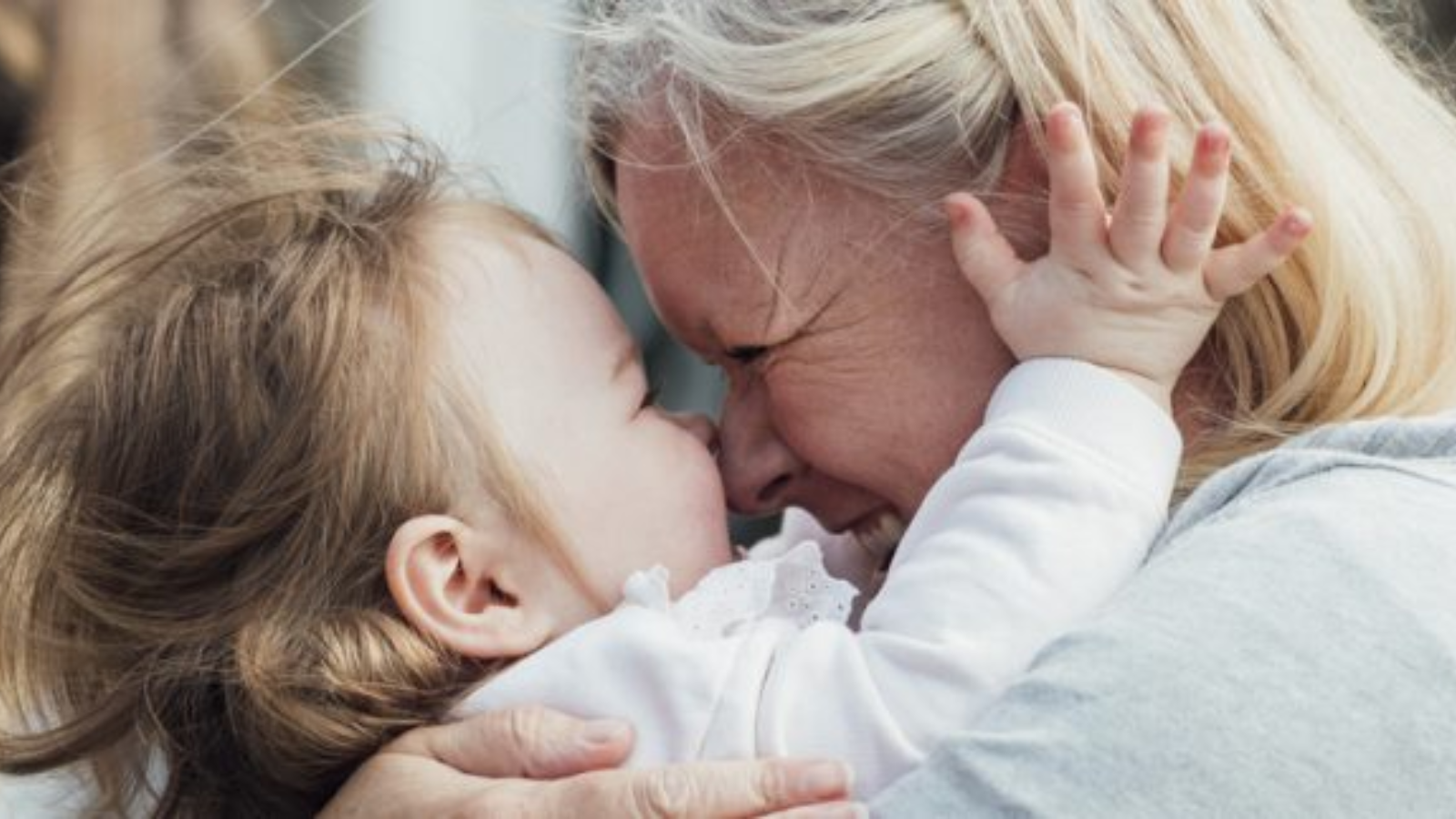
The Secretary of State for Education said kinship carers "will not be forgotten by this Government" in front of an audience of over 170 people at a #ValueOurLove parliamentary reception.
Read our latest news, stats and reports on kinship care in England and Wales.

The Secretary of State for Education said kinship carers "will not be forgotten by this Government" in front of an audience of over 170 people at a #ValueOurLove parliamentary reception.

'Make or Break' shares key findings from Kinship’s 2024 annual survey of more than 1,300 kinship carers.

Kinship’s new research shows that a lack of financial and other support is stopping kinship foster carers moving to kinship arrangements outside the care system.

Kinship’s new report Forgotten: Support for kinship children’s education and mental health highlights that children in kinship care are often suffering from life-changing trauma with no support.

Following recent events in Southport and the huge impact on communities across the country, Kinship issue a statement on disorder and racism.

New Education Minister Janet Daby met with a group of kinship carers yesterday to hear emotional stories of children being raised by relatives and family friends.

Kinship Chief Executive, Dr Lucy Peake, has been awarded a Churchill Fellowship to carry out research into kinship support in the USA.

Kinship launches its #ValueOurLove campaign manifesto ahead of the 2024 UK General Election, calling for more support for kinship carers.

Janet Kay, a Kinship trustee and support group volunteer, was awarded an OBE as part of HM King Charles III's New Years Honours.

Davina McCall shines a light on kinship care and Kinship’s work in a new Comic Relief film ahead of Red Nose Day.

The Prime Minister, Rishi Sunak, publicly praised the contribution of the nation’s kinship carers for the first time today, during Prime Ministers Questions at Westminster.

The Department for Education has today published the first ever National Kinship Care Strategy for England.

Kinship is proud to have been selected to be a part of the Evening Standard and Comic Relief’s new Winter Survival Appeal.

The Department for Education has today published new figures which show a rise in the number of children entering the care system.

Kinship launches Kinship Friendly Employer scheme with the Minister for Children, Families and Wellbeing and high-profile businesses.

Kinship has won a £3M contract from the Department for Education to develop training for kinship carers in England. The programme offers online and in-person support.

Kinship Trustee Beverley Barnett-Jones reflects on representation as Black History Month 2023 draws to a close.

On Monday 16 October, Kinship held an event in Parliament with attendees from across the political spectrum, to mark the first anniversary of the launch of the #ValueOurLove campaign

On Sunday 8 October Kinship celebrated the final day of our most engaging Kinship Care Week yet with a nostalgic steam train ride for kinship families in Bury.

Kinship's Breaking Point report finds that more than 19,000 vulnerable children across England and Wales who are currently being raised by relatives or family friends are at immediate risk of entering the care system.

Kinship has welcomed supermarket giant Tesco’s commitment to providing Special Guardians in its workforce with paid kinship care leave.
Sign up for emails to keep up to date with the information that’s important to you, from support and advice for kinship carers, to our latest news, events and campaigns.